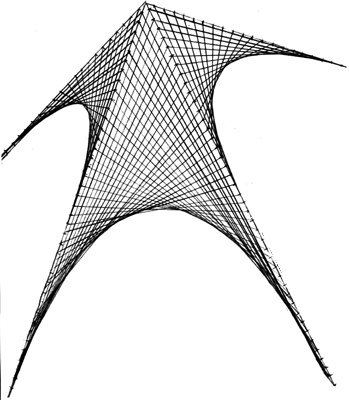All Nonfiction
- Bullying
- Books
- Academic
- Author Interviews
- Celebrity interviews
- College Articles
- College Essays
- Educator of the Year
- Heroes
- Interviews
- Memoir
- Personal Experience
- Sports
- Travel & Culture
All Opinions
- Bullying
- Current Events / Politics
- Discrimination
- Drugs / Alcohol / Smoking
- Entertainment / Celebrities
- Environment
- Love / Relationships
- Movies / Music / TV
- Pop Culture / Trends
- School / College
- Social Issues / Civics
- Spirituality / Religion
- Sports / Hobbies
All Hot Topics
- Bullying
- Community Service
- Environment
- Health
- Letters to the Editor
- Pride & Prejudice
- What Matters
- Back
Summer Guide
- Program Links
- Program Reviews
- Back
College Guide
- College Links
- College Reviews
- College Essays
- College Articles
- Back
Dust MAG
“We are, all of us, what happens when a primordial mixture of hydrogen and helium evolves for so long that it begins to ask where it came from.”
– Jill Tarter, director of the Search for Extraterrestrial Intelligence (SETI)
At first blush, it might seem a little disheartening; all of humanity's accomplishments – from our skyscrapers and legislatures to our philosophies and works of art – degraded to the status of primordial hydrogen and helium. Dust. Yet, in my opinion, the fact that mankind and all our accomplishments have evolved from a billion-year-old cloud of gas has fascinating implications.
The universe was here before human beings – long before. Our species evolved rather recently after a tooth-and-nail victory in survival-of-the-fittest. As is the nature of evolution, humans have acquired traits that make us very good at survival; we are experts at eating, sleeping, and – most importantly – passing down our genes. Yet evolution said nothing of giving humans the ability to comprehend the underlying nature of the universe. Isn't it strange, then, that our species has come all the way from stalking prey to pondering the nature of M-theory's 11th dimension? Isn't it fantastically bizarre that this mixture of hydrogen and helium that we call life has begun asking where it came from?
There is no reason that we should be able to ponder abstract mathematics or the nature of the cosmos, yet we do. The other day, I read about a prediction of superstring theory claiming that, at a fundamentally small scale, space and time do not exist. Yup, you heard me right. If we were to aim our all-powerful microscopes past the scale of molecules and atoms, further still than even electrons, we would eventually come to a place where the concepts of space and time cease to have meaning. If this isn't mind-boggling, perception-shattering, and brain-flattening, then I don't know what is.
This is definitely too much for me. I can't imagine a world without Starbucks, let alone space and time. But that's just the point; the more scientists understand the fundamentals of the cosmos, the more they realize that nature does not conform to human intuition. The eyes and minds that we have been given – which aren't too shabby for primordial dust – cannot begin to conceptualize the true nature of reality. Yet we have tools to go beyond what we can imagine. The mathematics and sciences that we have developed allow us to stretch into the deepest and most instinct-defying realms of nature. No one can imagine Schrödinger's waves of probability or the 11 dimensions of Calabi-Yau shapes, yet we can describe them in equations. Us. Dust.
I don't know about you, but this is just the thing that gives me an adrenaline rush when I'm integrating the cubic root of x. This is what makes me jump at vector multiplication. By chance, I exist through the haphazard collision of interstellar gas. By chance, I have been given the ability to reason, to imagine, and – when I can't imagine – to use mathematics to stretch the limits of my understanding. Isn't that exciting? Isn't that fantastic?
So, for the rest of my life, I want to study physics and math. Why? Because that's a pretty unlikely thing for dust to do.

Similar Articles
JOIN THE DISCUSSION
This article has 3 comments.
